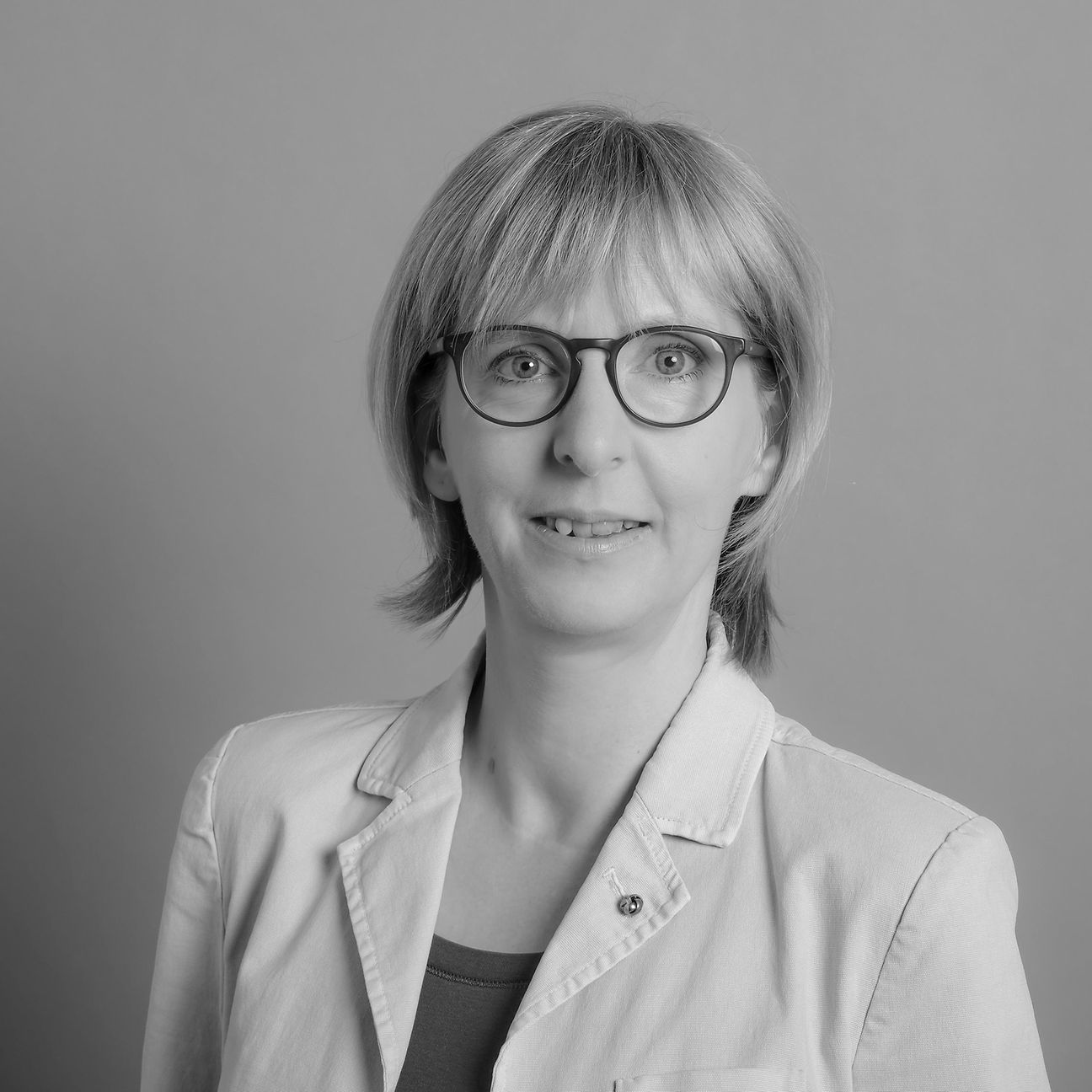20 years of T-Labs: A patent every four days
- Magenta TV, 5G and cyber security would be inconceivable without T-Labs
- Research Focus: Quantum Networks, Network Security and the Digital Twin as well as Technology Exploration
In 2004, it was not only proven that there was once liquid water on Mars or that the first embryo was cloned. The year was also the birth of T-Labs. Or more precisely, the Telekom Innovation Laboratories. Deutsche Telekom's central research and development unit.
"20 years of T-Labs also means 20 years of successful innovation promotion. Their scientific ideas and discoveries have led to real innovations. And we need a lot of innovation. To find solutions to crises and societal challenges, to make companies more competitive and to serve as the basis for our growth and prosperity of tomorrow," said Vice-Chancellor and Federal Minister for Economic Affairs and Climate Action, Robert Habeck, in the run-up to the ceremony.
Then as now, it is the task of T-Labs to investigate new technologies for their significance for telecommunications. In doing so, they cooperate with a large number of universities, research institutions, start-ups and industrial partners. In this way, they form an interface to Deutsche Telekom's external innovation ecosystem. Not only in Germany, but internationally. They have been working with Ben Gurion University in Beer Sheba, Israel, since 2006. 65 cooperations with international universities ensure good networking and close cooperation. T-Labs is also a partner in more than 100 public research projects.
20 years of research successes
"20 years of T-Labs is a success story. The innovations developed here have not only revolutionized our products and networks, but also shaped the future of telecommunications. From 5G to intelligent campus networks to AI applications to protect our networks," says Claudia Nemat, Member of the Board of Management for Technology and Innovation at Deutsche Telekom.
T-Labs holds 1,600 patents in Germany, the EU and the USA. That is about a third of all Deutsche Telekom patents. And corresponds to one patent every four days. And the more than 3,000 publications and white papers also prove the success of the intensive research work. From quantum networks and quantum communication, to secure intelligent networks and digital identities.
"Congratulations on 20 years of T-Labs! In these years, the labs have played an important role at the interface between science and industry. Together, we have continuously researched in the areas of service platforms, networks, mobile communications, media technologies and innovative applications and have tested solutions for the benefit of the networked society in practice with a strong team spirit. As Fraunhofer FOKUS, we are now looking forward to the next 20 years of successful cooperation and exciting innovations," comments Prof. Dr. Manfred Hauswirth, Director of the Fraunhofer Institute for Open Communication Systems (FOKUS).
Current focal points such as the digital twin or quantum networks for network security
A special focus is on securing networks against attacks from the cyber world, of which there are more than 30,000 every day. As a critical infrastructure, the protection of networks is of particular importance to Deutsche Telekom. Here, the solutions from T-Labs provide better protection and defense. For example, through anomaly detection. So-called AI-based preemptive services scan the internet for telltale signs of impending attacks. This provides an early opportunity to fend off these attacks.
Another important research project of T-Labs is the digital twin of Deutsche Telekom's telecommunications network. Here, simulations can be carried out in a safe environment and grid management scenarios can be researched. This provides important insights for the further optimization of the network.
The Quantum Lab, which opened last year , is dedicated to applied research and the integration of quantum technologies into commercial telecommunications networks. The focus is on quantum communication and the development of more powerful communication networks. Quantum optical experiments can be carried out in the Quantum Lab. It is connected to a more than 2,000-kilometer-long fiber-optic network that establishes connections to partners from science, research institutes and industry for the exchange of technical knowledge and joint experiments.
Another milestone is the quantum-secure key exchange over several network paths and with post-quantum cryptography between the Korean SK Telecom in Seoul and Berlin.
MagentaTV, Campus Netz OS, surfing on planes, chatbots, data transmission speed record, Open RAN and 5G and, and, and ... T-Labs had a decisive influence on all these and many other developments and products of Deutsche Telekom.
T-Labs' research and development activities are aimed at developing innovative solutions to the challenges of the digital world, always with the customer at the center.
About Deutsche Telekom: Deutsche Telekom at a glance


